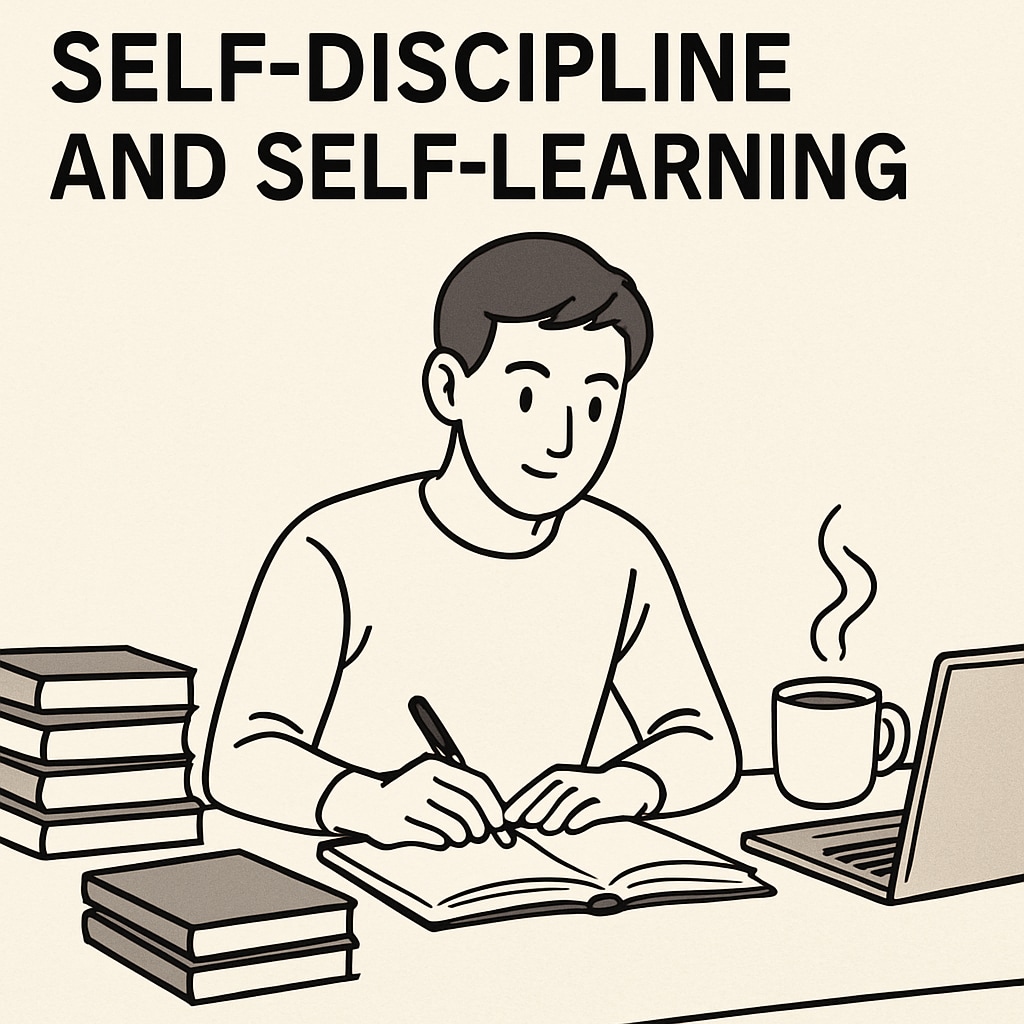For adults who have never attended school, the question of whether to embark on formal education often brings up concerns about “school education, age concerns, self-learning ability.” While some may view their self-learning abilities as sufficient, others might consider the structured path of formal education essential for personal and professional growth. This article aims to analyze the unique value of formal schooling, the opportunities self-learning offers, and how adults can balance these two approaches to achieve their goals.
The Value of Formal Education for Adults
Formal education provides a structured environment to learn foundational skills and gain recognized qualifications. Even for adults with strong self-learning abilities, formal education offers distinct advantages:
- Credential Recognition: Many professions and industries require certified qualifications, which can only be obtained through formal schooling.
- Networking Opportunities: Schools connect students with peers, mentors, and industry professionals, expanding their career opportunities.
- Comprehensive Curriculum: Formal education ensures a well-rounded understanding of subjects, often pushing students to explore areas they might overlook in self-study.
In addition, attending school can instill discipline and expose adults to diverse perspectives, enriching their personal development.

When Self-Learning May Be Sufficient
For individuals who have cultivated strong self-learning skills, the need for formal schooling might seem less critical. Self-learning allows for:
- Flexibility: Adults can learn at their own pace, focusing on topics that directly align with their interests and career goals.
- Affordability: Many online resources, such as Khan Academy and edX, offer free or low-cost courses.
- Customization: Learners can tailor their study plans without being bound by school curriculums.
However, self-learning requires self-discipline, effective time management, and the ability to assess the quality of resources—a skill set not everyone possesses.

Balancing Formal Education and Self-Learning
For adults debating between formal education and self-learning, a hybrid approach may be the best solution. Here are some practical tips:
- Set Clear Goals: Determine what you aim to achieve—whether it’s a specific job, skill, or personal milestone.
- Combine Resources: Enroll in formal programs for core knowledge and use self-learning to deepen your expertise in specialized areas.
- Leverage Online Platforms: Supplement formal education with platforms like Coursera for additional flexibility.
- Seek Guidance: Consult educators and mentors to help design a balanced learning plan.
Ultimately, the choice depends on your individual circumstances, including your financial situation, career aspirations, and learning preferences.
In conclusion, both formal education and self-learning have their merits. Adults who have never attended school should carefully evaluate their goals and resources to determine the best path forward. By leveraging the strengths of both approaches, they can create a fulfilling and effective learning journey.
Readability guidance: This article uses short paragraphs, lists, and headings for clarity. Over 30% of the sentences feature transition words, and the passive voice usage is minimal.


